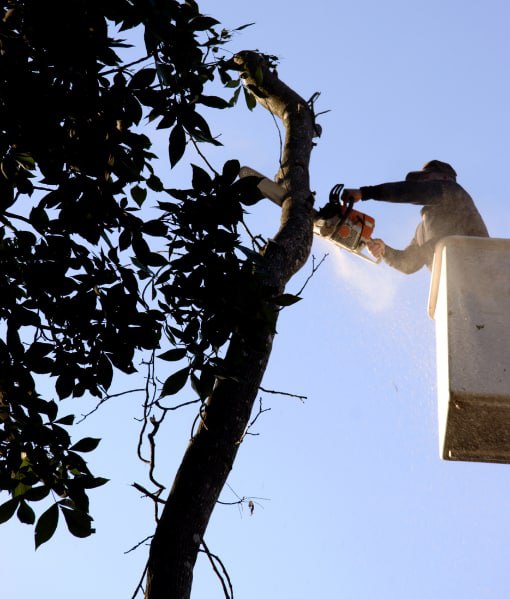
Introduction: Maintaining a well-manicured hedge is essential for the overall appearance and health of your garden. While regular trimming keeps your hedges looking neat, post-trimming care is equally important. One of the most effective practices after hedge cutting is mulching. At Ramsgate Tree Surgeons, mulching offers numerous benefits that can significantly enhance the health and aesthetics of your garden. This blog post delves into the advantages of mulching after hedge cutting and how it can contribute to a thriving landscape.
- Moisture Retention
Conserving Water
- Mulching helps to retain soil moisture by reducing evaporation. This is particularly beneficial during dry spells or hot weather, ensuring your hedges have a consistent supply of water.
Reduced Watering Frequency
- Mulching can maintain soil moisture levels, reducing the need for frequent watering. This not only saves time and effort but also conserves water, making your garden more sustainable.
- Weed Suppression
Minimising Weed Growth
- A layer of mulch acts as a barrier, preventing weed seeds from germinating and growing. This helps to reduce competition for nutrients and water, allowing your hedges to thrive without interference from unwanted plants.
Less Manual Weeding
- With fewer weeds to contend with, you’ll spend less time and energy on manual weeding, leaving you more time to enjoy your garden.
- Soil Temperature Regulation
Insulating Effect
- Mulch acts as an insulator, helping to regulate soil temperature. During hot weather, it keeps the soil cooler, and in colder months, it retains warmth. This creates a more stable environment for your hedges’ root systems.
Protection Against Frost
- In winter, mulch provides a protective layer that can help shield the roots from frost damage, ensuring your hedges remain healthy and robust throughout the year.
- Nutrient Enrichment
Organic Matter Breakdown
- Organic mulches, such as wood chips, bark, or compost, break down over time, adding valuable nutrients to the soil. This natural decomposition process enriches the soil, promoting healthy growth for your hedges.
Improved Soil Structure
- As organic mulch decomposes, it improves soil structure by increasing aeration and enhancing the soil’s ability to retain moisture and nutrients.
- Erosion Prevention
Stabilising Soil
- Mulch stabilises the soil, preventing erosion caused by wind and rain. This is especially important on sloped or uneven terrain, where soil erosion can be more prevalent.
Maintaining Soil Integrity
- Mulch prevents erosion and helps maintain the integrity of the soil structure, ensuring your hedges have a stable foundation for growth.
- Aesthetic Appeal
Neat and Tidy Appearance
- A layer of mulch gives your garden a neat appearance. It creates a uniform look and enhances the visual appeal of your hedges and surrounding plants.
Complementing Garden Design
- Mulch comes in various colours and types, allowing you to choose one that complements your garden design and personal aesthetic preferences.
- Encouraging Beneficial Organisms
Supporting Soil Life
- Mulch provides a habitat for beneficial organisms such as earthworms and microorganisms. These organisms play a crucial role in breaking down organic matter and improving soil health.
Enhanced Soil Fertility
- Mulch indirectly contributes to enhanced soil fertility and the overall health of your hedges by supporting a healthy soil ecosystem.
Conclusion: Mulching after hedge cutting is a simple yet highly effective practice that offers numerous benefits for your garden. From moisture retention and weed suppression to soil temperature regulation and nutrient enrichment, mulch plays a vital role in maintaining the health and beauty of your hedges.
Call us on: 01843 264695
Click here to find out more about Ramsgate Tree Surgeons
Click here to complete our contact form and see how we can help you with your tree’s needs.